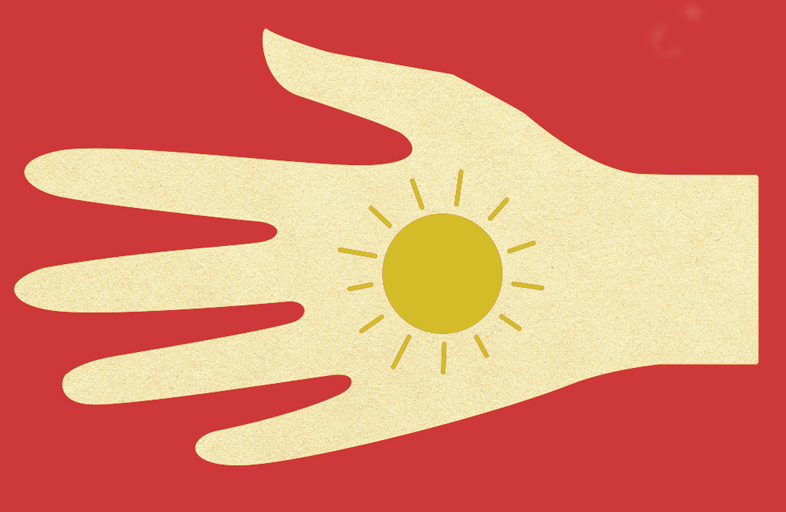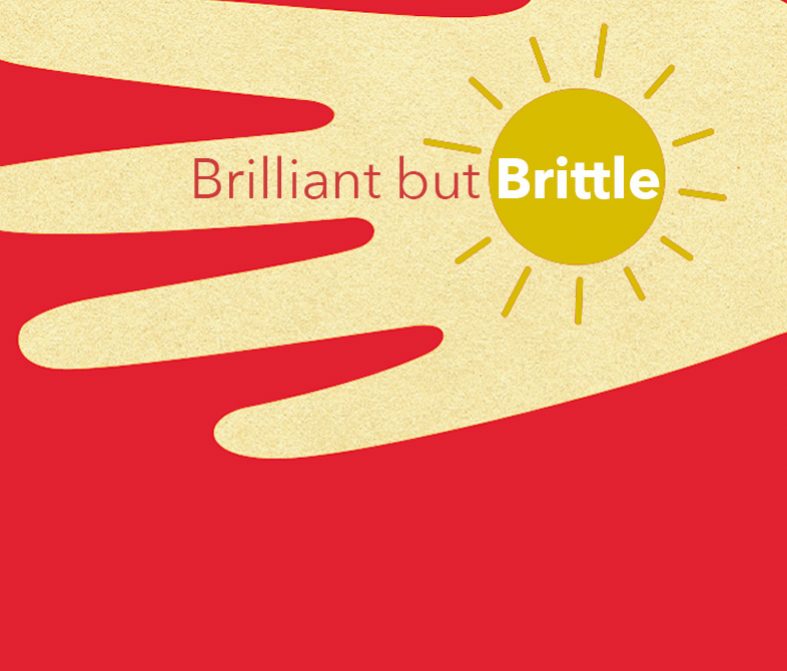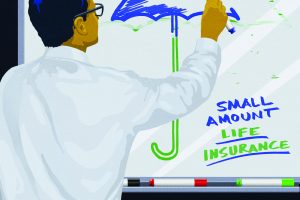By Jim Lynch
I reviewed three books about artificial intelligence for the latest issue of Contingencies (“All About AI”; January/February 2023). I had compliments and quibbles for each, but one point that consistently emerged: AI is brittle, and it will be for some time.

AI systems today are savants—brilliant at a single task but befuddled by any other. The bot that recommends movies will not drive your car. Chess software can’t invent a drug. The drug maker can’t play chess.
That limitation won’t change soon. AI won’t destroy all our jobs. It won’t send cyborgs back in time to kill Sarah Connor.
It’s easy and—in a dark way—fun to muse over the mystery and excitement new technology can bring. In the twenty-teens some thought leaders predicted that by 2025, regulators would require every new car to drive itself. Elon Musk continues to say self-driving Teslas are but a year away.

And what wonders accompanied those promises: We wouldn’t own cars—we’d Uber everywhere! Cars would never park—they’d just endlessly circle till their next fare! Auto insurance would wither—and perhaps die!
The reality has become more prosaic. Advanced driving technology helps steer cars and avoid accidents, but the gap between that and a driverless taxi remains wide.
Just so with AI. The versatile mind will remain a distinctly human trait for a long time. Conjecture otherwise is the stuff of science fiction.

Which brings us to another take on AI, that of Nobel laureate Kazuo Ishiguro. The titular character/narrator in his 2021 novel Klara and the Sun is a robot. Klara is purchased as an Artificial Friend for Josie, a young girl with a severe health problem.
Klara shows AI-level knowledge. She knows the girl’s age upon first sight. She is a complex and engaging—eloquent, contemplative, and imbued with empathy, more than some of the humans in the book.
The book details the arc of their relationship, from meeting at a department store window to the Puff-the-Magic-Dragon moment when Klara no longer suits the purposes of her friend. The final sections of the book are tragic and wistful.

My point here: Despite Klara’s considerable skills, her problem-solving powers are brittle. Solar-powered herself, Klara believes her ill companion would be cured if directed to a particular sunny spot.
Ishiguro’s novel is a meditation on intelligence. Klara is clearly intelligent. Her programmers make it possible for her to learn, but they can’t know what she will learn. To get along as a human, one needs to be wise—and even in Ishiguro’s never-never future, a lifetime of wisdom can’t be crammed into lines of code.
JIM LYNCH, MAAA, FCAS, is a freelance writer.





